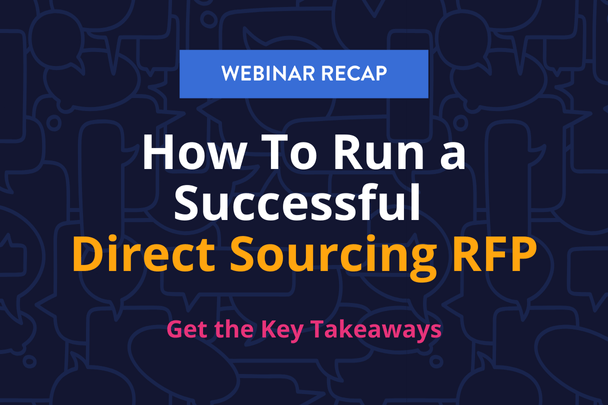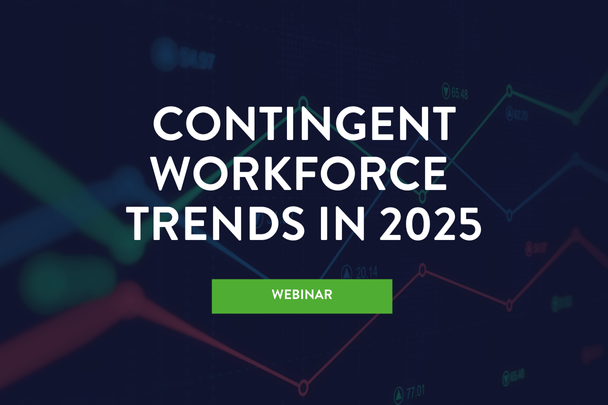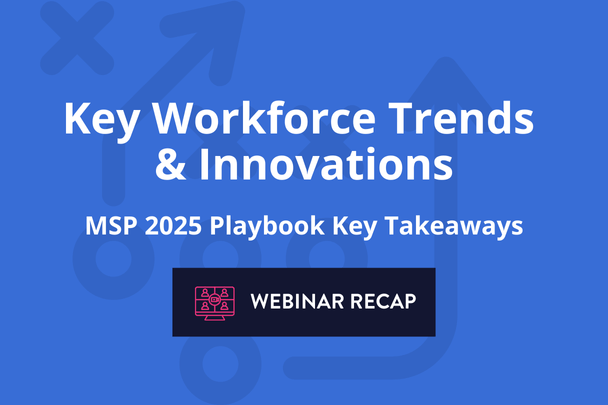More and more, companies are highlighting employee perks at the top of job descriptions. Stocked pantries, complimentary supplies, unlimited PTO and luxury office spaces are exciting. But what gets employees through the door (or in front of the Zoom camera)? For most people, employee compensation is their motivator, plain and simple. Despite the increase in creative company perks, people have bills to pay and mouths to feed. This is why having a salary guide is so important. It acts as a compass for both job seekers and Human Resources professionals.
If you’re still skeptical consider these 5 values of having a Salary Guide:
1. The Workforce is Changing
Current events are impacting the economy. As a result, many companies must restructure their teams. Roles and responsibilities are changing. And candidates are quickly building greater skillsets thanks to all the available free tools, online courses and other resources available today.
With hybrid positions emerging and the variances of job titles from company to company, a salary guide helps determine fair employee compensation. Using a data-driven judgement tool removes the possibility of bias to promote equitable pay. For hybrid positions, a best practice is to search for the closest position with a description that is roughly a 70% match. Any less and the pay grade may not be accurately match of the role requirements.
2. Compensation Is Not Black & White
Geography, industry trends and experience seem like common-sense factors to consider during compensation conversations. But those factors are constantly changing and research needs to be updated annually. Using a a tangible resource like an annual salary guide can help you stay up to speed.
The details matter! For example, technology jobs are increasing nationwide, but a recent study shows nearly half the jobs created were based in 10 major cities. You’ll notice that employee compensation is often higher in cities with greater competition for talent. And with remote work on the rise, that’s something you should pay close attention to! Compensation should represent the expectation of the work to be performed. An employee working for a New York organization with long hours and/or a high demand for productivity should receive compensation that aligns with those big city expectations (even if they are a remote employee).
3. Top Talent & Retention
For almost every job seeker, the goal is to increase or at least maintain their current/previous salary. Theoretically, the value of our work and growing experience should increase our compensation. A salary guide can provide you with a neutral perspective. It can be quite helpful to both hiring managers and job seekers when discussing changes in employee compensation or negotiating a new salary. It’s an excellent resource to inform us of the ever-changing value of skills and experience.
The cost of replacing an employee is almost always a great deal more than an increase in pay to employers. You should be aware of the value of talent within today’s workforce and anticipate the changes for tomorrow’s. By consistently evaluating skills and performance you can make appropriate adjustments and better retain talent long-term.
4. Positively Influence Company Culture
Human Resources is often referred to as People Operations. The structure and purpose of HR is difference from that of decades ago. It’s not just about paychecks, paperwork and compliance. From the leadership evolution of Chief People/Culture/Diversity & Inclusion Officers to best practices for employee engagement, there is a greater focus on our greatest resource at work – people! Compassion and corporate responsibility are our new standards. And when it comes to pay equity, it’s vital to have transparent conversations about employee compensation. Open conversations create a trusting environment where employees and business can thrive.
5.Equity Drives Diversity, Inclusion & Belonging
The most obvious benefit of a salary guide is fairness. Equity is as vital to employee compensation as it is to talent acquisition and retention. It fosters a happy, healthy workplace. And that improves your bottom line!
Candidates put their trust in HR professionals when they say their compensation ranges are based on market research. And HR professionals put their trust in candidates when opening the conversation of desired compensation. It’s a two-way street and salary guides are great maps. You must ensure that employee compensation is based off of recent data. Your goal should be to remain consistent and current with emerging market trends.
It goes without saying, employees feel valued and appreciated when they are paid fairly. Employee compensation is the first step to ensuring people are motivated to perform at the highest level. If you assure pay equity within your work community, you cultivate a greater sense of belonging for all. And a valued workforce returns much greater value to the business.











